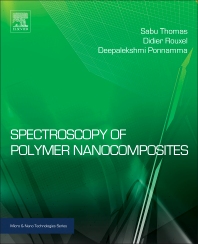Books in Physical sciences and engineering
Books in Physical sciences and engineering

Geotextiles
From Design to Applications- 1st Edition
- Robert Koerner
- English


Nanobiomaterials in Hard Tissue Engineering
Applications of Nanobiomaterials- 1st Edition
- Alexandru Grumezescu
- English

Fundamentals of Colitis
Pergamon International Library of Science, Technology, Engineering and Social Studies- 1st Edition
- S. J. M. Goulston + 1 more
- English

Electrochemistry for Technologists
Electrical Engineering Division- 1st Edition
- G. R. Palin
- N. Hiller
- English

Research in Electric Power
The Commonwealth and International Library: Applied Electricity and Electronics Division- 1st Edition
- Philip Sporn
- P. Hammond
- English

The Chaos Frontier
Creative Strategic Control for Business- 1st Edition
- Ralph D. Stacey
- English

Electrochemical Methods in Soil and Water Research
- 1st Edition
- T.R. Yu + 1 more
- English

Health Information Exchange: Navigating and Managing a Network of Health Information Systems
- 1st Edition
- Brian Dixon
- English

Textile Fibre Composites in Civil Engineering
- 1st Edition
- Thanasis Triantafillou
- English